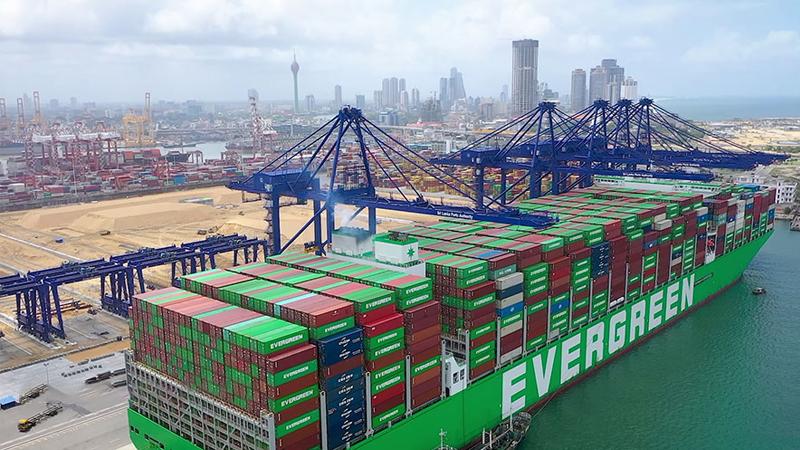Sri Lanka is entering uncertain times with respect to its internal and external affairs. The immediate concerns are about the escalation of Middle East unrest which will have multiple sources of implications regarding tea exports, oil imports, travel and tourism, and remittance flows, said Executive Director, Centre for Poverty Analysis (CEPA), Prof. Sirimal Abeyratne.
He said Sri Lanka does not have a strong foreign exchange earning capacity to deal with possible disruptions to its external affairs. On top of that, Sri Lanka is yet to have a negotiated settlement with the new US tariffs, which would affect the country’s export competitiveness.
Trade experts have been harping on the need for Sri Lanka to look for new markets reducing its reliance of traditional destinations for trade.
They warned that Sri Lanka’s over reliance on Middle East for oil imports and export of tea and USA for apparel exports could face major roadblocks to trade and foreign exchange earnings.
“The country’s reliance on tea exports, oil imports, tourism, and remittances from the Middle East leaves it vulnerable to disruptions, particularly given its limited foreign exchange reserves,” a trade expert said.
The unresolved issue of new US tariffs threatens Sri Lanka’s export competitiveness.
Stocks jumped and oil prices tumbled early in the week as Iran’s retaliation for the U.S. bombing of the country’s nuclear facilities resulted in no casualties or significant damage, raising hopes that the conflict in the Middle East could de-escalate.
Oil prices plunged afternoon following US President Donald Trump’s announcement of a tentative ceasefire between Israel and Iran, significantly reducing geopolitical risk premiums.
However, fiscal consolidation and debt sustainability are key responsibitlies on the shoulders of the policy makers.
“Apart from these short-term issues, Sri Lanka is set to conclude its IMF-supported EFF program in early 2027 so that the management of our fiscal consolidation and debt sustainability will be our own responsibility,” Prof. Abeyratne said, adding that the country needs to shoulder this responsibility keeping in mind that it needs to commence its bilateral and commercial debt repayment in 2028.
“The challenge is that Sri Lanka should be prepared by that time not only with stronger macroeconomic stability but also with greater export performance in midst of emerging international issues,” he sad.
Sri Lanka’s Exports Surge to US$ 5.5 billion in first four months of 2025. Sri Lanka’s export sector demonstrated remarkable resilience and steady progress during the first four months of 2025, with total exports reaching US$ 5,583.25 mn, marking a robust 6.9% increase compared to the corresponding period in 2024.







